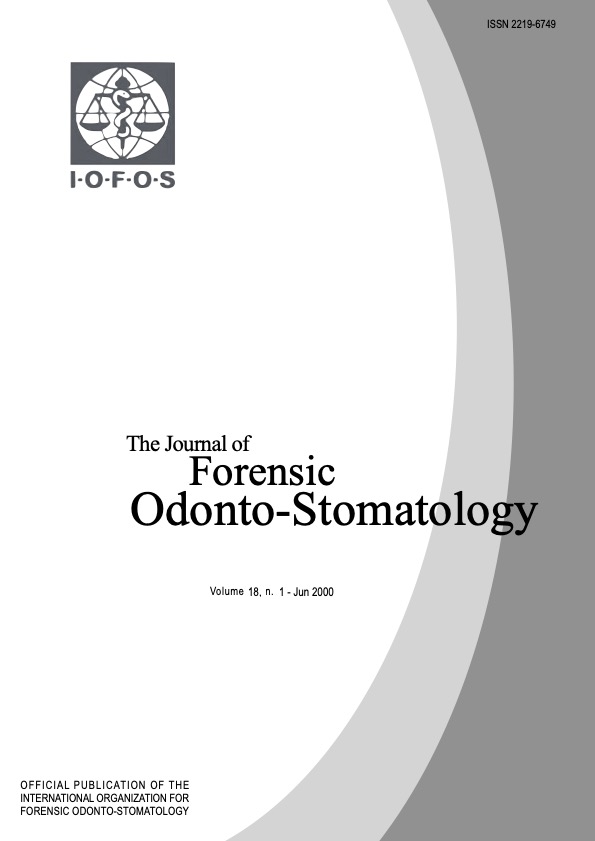Use of buccal epithelial cells for PCR amplification of large DNA fragments
Abstract
The analysis of human DNA is widely employed in the genetic studies of families and populations, and in most cases is performed with samples obtained from peripheral blood. The use of buccal epithelial cells as a source of DNA for PCR amplifications has several advantages over blood sampling but has only been used to amplify small fragments of DNA. Its use in forensic analysis has been limited to cases where the sampling of peripheral blood is not feasible. In the present study we show that buccal epithelial cells are a reliable source of DNA for the PCR amplification of high molecular mass fragments, which could be used in large-scale population sampling. Since most PCR gender-typing systems rely on the amplification and electrophoretic separation of the amelogenin gene, our results show that buccal epithelial cells may be the preferred source of DNA for gender -typing analysis.

